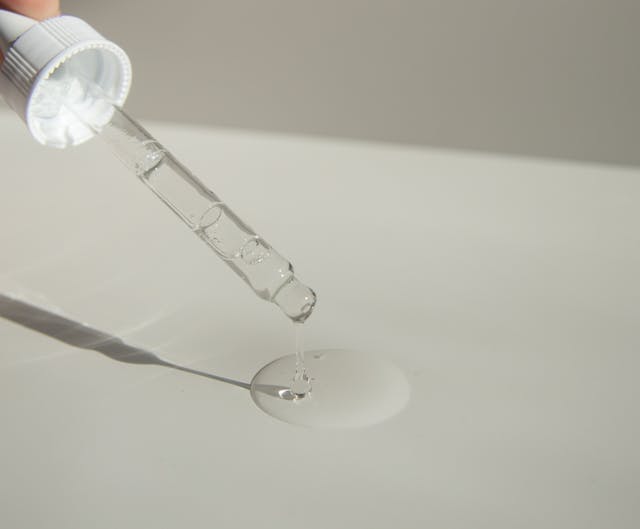
Injecting insulin daily has long been associated with diabetes treatment, especially for individuals who need it. On the other hand, a revolutionary new product from UBC may soon provide a less intrusive option: sublingual insulin drops.
The Challenge with Traditional Methods
Many people with diabetes find it difficult and inconvenient to have to inject themselves with insulin many times a day. Furthermore, this procedure necessitates meticulous compliance with the protocol and generates biohazardous waste. Alternative approaches are still in their early phases of development and are not yet available to the general public. These include controlled implants and ultrasonic patches.
The New Breakthrough
Insulin can now be administered sublingually thanks to a novel technique created by a group of researchers at UBC. By avoiding the digestion process—which normally breaks down insulin—this method takes use of the extensive network of capillaries under the tongue, facilitating rapid absorption into the bloodstream.
How It Works
Insulin and a cell-penetrating peptide (CPP) made from fish wastes make up the novel delivery mechanism. This CPP increases cell permeability, which helps insulin cross the sublingual mucosal barrier and enter the bloodstream. Experimental results on mice show that this strategy is just as successful as injectable glucose pumps for maintaining steady blood sugar levels.
Advantages
- Non-invasive: Eliminates the need for needles, reducing discomfort and biohazard waste.
- Convenience: Easier to administer and adhere to daily routines.
- Efficiency: Rapid absorption ensures effective blood glucose management.
Current Status and Future Prospects
The current objective of the researchers is to secure licenses for the technology from commercial partners so that it can be further developed and eventually released to the market. Millions of patients throughout the world may find diabetes care easier and more accessible because to this breakthrough.
Conclusion
A new, less intrusive option for managing diabetes, oral insulin drops have the potential to supplant the requirement for daily injections. If studies continue in this direction, it may be a major step forward in the battle against diabetes, which would improve the lives of many people.

